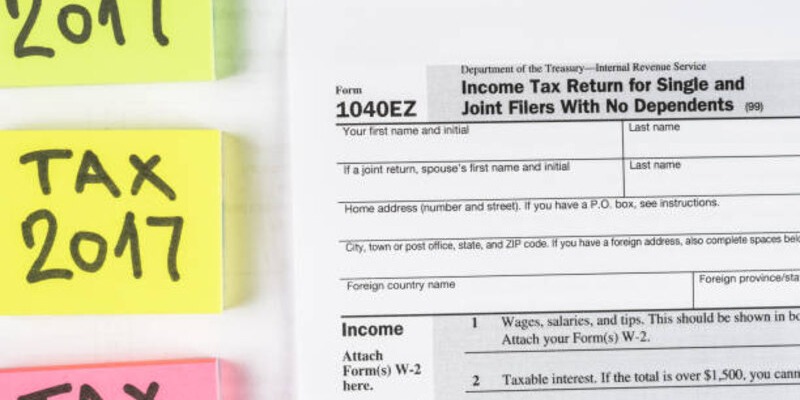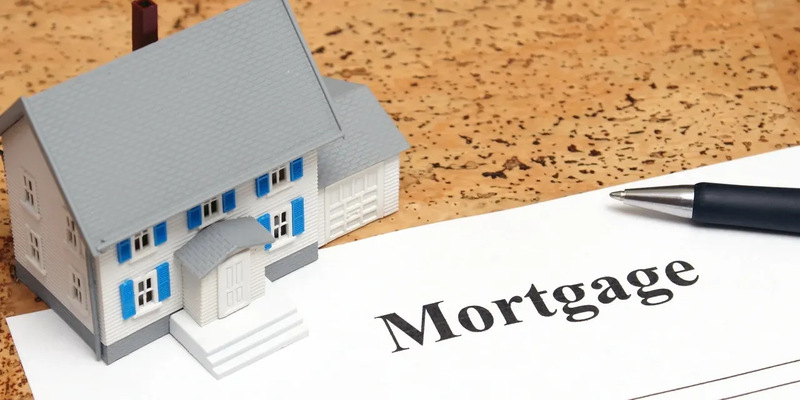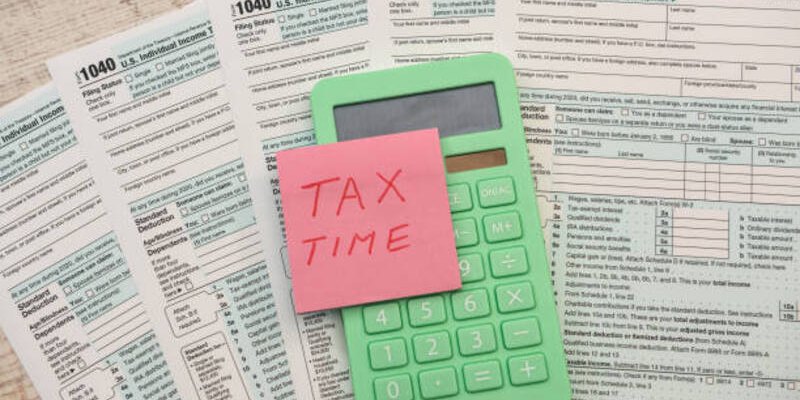In real estate investment, one strategy for unlocking equity from your rental property is cash-out refinancing. This is a method that replaces your current mortgage with an enlarged version, larger than the existing loan balance. The surplus then becomes available as liquid capital. You pocket it in cash.
Assessing Your Rental Property's Equity
Before you delve into cash-out refinancing, a critical assessment of your rental property's equity is necessary. Equity signifies your real ownership stake in the property and is calculated by subtracting any outstanding mortgage debt from the current market value of your property. Taking this step assists in ascertaining the potential amount of cash that you can extract.
To assess the equity of your property, you must not only comprehend its current market value but also forecast future worth based on potential renovations or improvements and prevailing market trends. Moreover, consulting a real estate appraiser for an accurate assessment is advisable. This will ensure that you gain clear insight into the financial standing of your property.
- Consideration: Factor in any outstanding liens or debts on the property that may affect the available equity.
- Caution: Be conservative in estimating your property's value to avoid overleveraging or overestimating your potential cash-out amount.
Evaluating Loan Options
Consider a cash-out refinance. Explore the myriad loan options that different lenders offer. Compare, with meticulous attention to detail, interest rates, and loan terms. Scrutinize closing costs and associated fees of each potentiality. Selecting the ideal loan is not just important, it's essential. It ensures your refinancing aligns with precise financial goals while simultaneously minimizing expenses.

Consider exploring alternative financing options such as credit unions or online mortgage lenders, in addition to traditional ones. These sources might present you with competitive rates and more flexible terms. Thereby, offering a plethora of opportunities for optimizing your cash-out refinance.
- Fact: Some lenders may offer cash-out refinance loans up to 80% to 85% of your property's appraised value, allowing you to access a significant portion of your equity.
- Noteworthy: Keep an eye on the current interest rate environment and market conditions to lock in the most favorable terms for your cash-out refinance.
Preparing Your Rental Property Documentation
Gather all necessary documentation related to your rental property. This includes proof of rental income, property insurance, tax returns, and any other financial records the lender requires. By organizing these documents beforehand, you can streamline the application process for a cash-out refinance.
Ensure the title of your property is free from any encumbrances or legal issues that might impede the refinancing process. In addition to providing financial documentation, this proactive step can hasten approval, circumvent delays, and ultimately facilitate swift access to your cash-out funds.
- Noteworthy: Consider obtaining a recent property appraisal to provide the lender with an accurate assessment of your property's value. This can strengthen your refinancing application and potentially increase the amount of cash you can access.
- Caution: Double-check all documentation for accuracy and completeness before submitting your refinance application to avoid potential delays or rejections.
Applying for Cash-Out Refinance
After assembling all the required documentation, initiate your application for cash-out refinancing. Send your meticulously prepared application to the chosen lender. Anticipate a comprehensive review of not only your financial history but also your credit score and property appraisal. Remember, an expedited approval process hinges on you submitting accurate information promptly.

Prepare to provide additional documentation or clarifications as the lender may request during your application process. Respond promptly to all inquiries or information requests. This will ensure a seamless progression of the process and minimize delays in obtaining approval for your cash-out refinance.
- Consideration: Factor in the potential impact of closing costs and fees on your overall cash-out amount. Some lenders may offer options to roll these costs into the new loan, but carefully weigh the long-term implications on your finances.
- Fact: Cash-out refinancing typically requires a minimum credit score of 620 to 640, although requirements may vary depending on the lender and loan program. Ensure your credit is in good standing before applying to improve your chances of approval.
Completing the Refinancing Process
After approval, you will advance to the closing stage of your cash-out refinance. In this phase, you sign essential legal documents; and pay any incurred closing costs. Thereby, officially substituting your existing mortgage with the new loan. Following closure, it is at that point when the lender disburses these funds for a cash-out. Consequently, enabling their utilization as per your wish.
Upon closing, you must carefully review the terms of your new loan and understand the obligations you bear as a borrower. Regularly monitor your mortgage statements for accuracy; promptly address any discrepancies. Furthermore, maintain records of all refinancing documents for future reference.
- Fact: The closing process typically takes between 30 to 45 days from the time your application is submitted to the lender to the actual closing date. Be prepared for potential delays and communicate with your lender proactively to expedite the process.
- Noteworthy: Consider consulting with a financial advisor or accountant to discuss the tax implications of cash-out refinancing, as accessing equity from your rental property may have tax consequences. Understanding these implications can help you make informed decisions about how to use your cash-out funds.
Maximizing Returns on Your Investment
Strategize to maximize returns on your rental property investment by utilizing the cash-out funds. Contemplate reinvesting this capital in property improvements, renovations, or upgrades specifically, as it will augment both its value and potential rental income. Alternatively, consider diversifying your portfolio with other investment opportunities using these available funds.
Explore opportunities for enhancing rental income through strategic pricing strategies or the attraction of higher-paying tenants. In addition to property improvements, your options are not limited. Engage in a comprehensive analysis of market trends and local rental demand. This will enable you to identify potential investment return maximization possibilities.
- Consideration: Factor in the time and resources required to complete property improvements or pursue alternative investment opportunities. Assess the potential return on investment (ROI) for each option to prioritize projects that offer the highest long-term benefits.
- Caution: Avoid overleveraging your rental property by taking on excessive debt through cash-out refinancing. Maintain a balanced approach to financing and consider your overall financial goals and risk tolerance when determining the appropriate amount to cash out.
Conclusion
Understanding the process, evaluating loan options, and managing funds effectively allows you to leverage cash-out refinancing as a valuable strategy. It unlocks equity in your rental property investment. With this method, optimized for returns and aligned with financial objectives, you gain significant control over the direction of your investments. Consequently, shaping them towards lucrative profitability becomes achievable.




